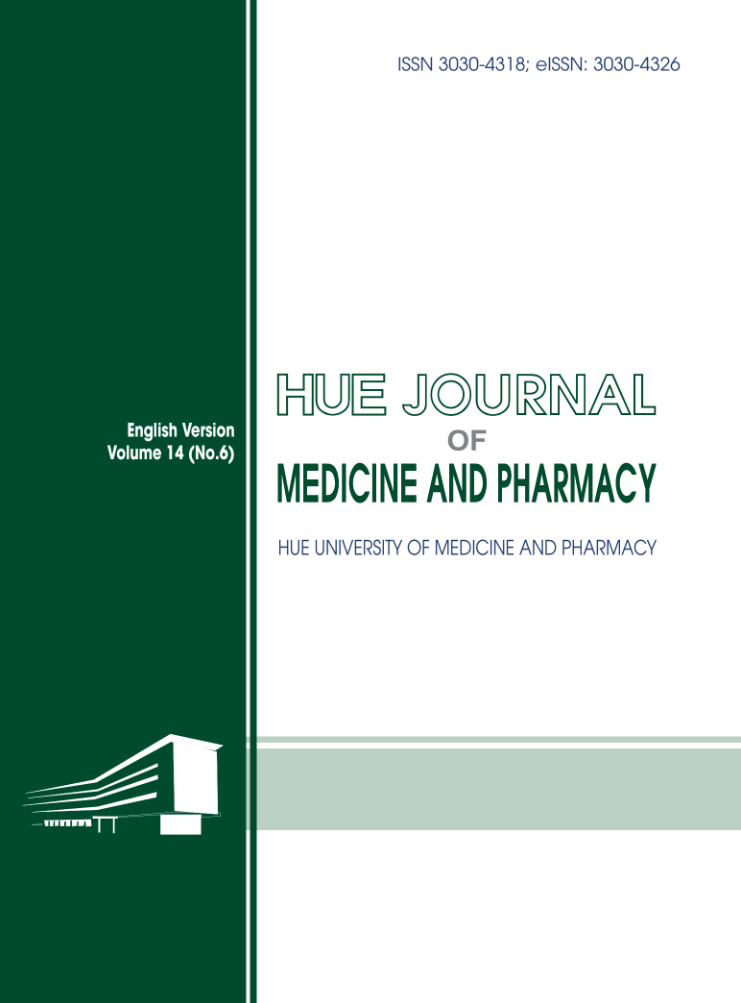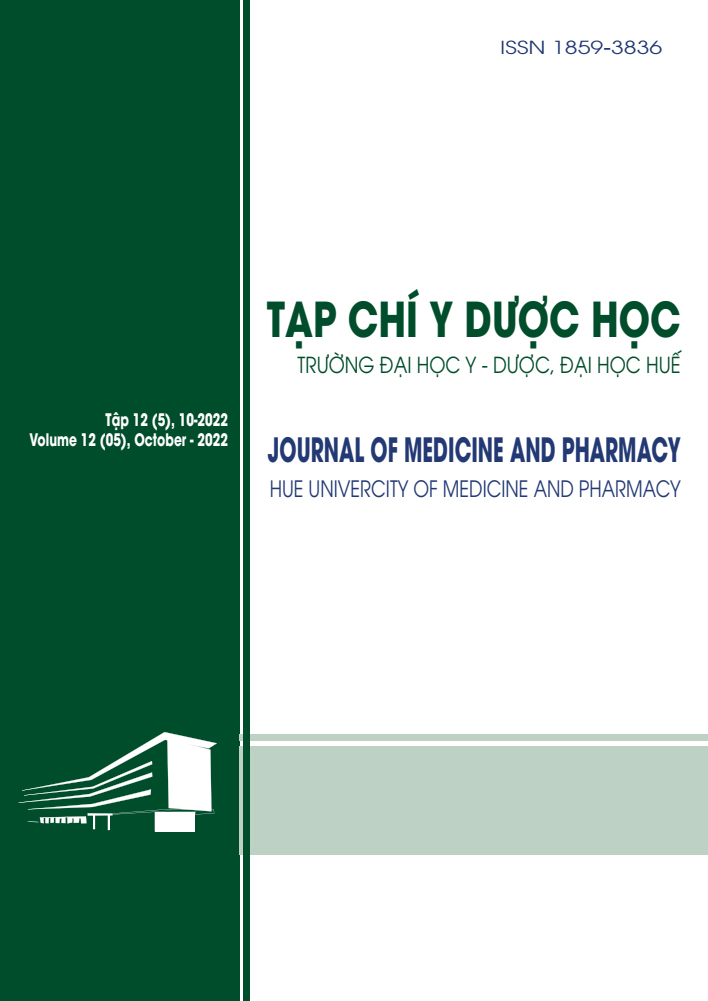Abstract
Background: The rising burden of type 2 diabetes among multimorbidity patients poses a significant challenge, highlighting the need to identify self-care barriers and implement effective strategies to enhance glycemic control. This study aims to provide insights crucial for developing tailored behavioural interventions to improve diabetes management in primary care.
Methods: A cross-sectional descriptive study was conducted on 879 people with diabetes (PWDs) in primary care. Diabetes self-care behaviours (DSC), including diet, exercise, self-monitoring of blood glucose (SMBG), foot care, and medication adherence, were assessed using the Summary of Diabetes Self-Care Activities instrument. Barriers to DSC were identified using the health belief model. Multivariate general linear models and logistic regression analyses were employed to examine the predictors of DSC in the context of multimorbidity.
Results: Most PWD (75.4%) poorly adhered to self-care. Medication (93.7%) and healthy diet (62.3%) had the highest adherence, while SMBG (1.0%) and foot care (14.9%) were the least performed. Being retired (OR 2.1, 95%CI 1.2-3.6), longer diabetes duration (OR=1.5, 95%CI 1.1-2.1), normal BMI (OR=2.9, 95%CI 1.3-6.2) or obese/overweight (OR=4.0, 95%CI 1.8-8.8), absence of diabetic foot disorders (OR=4.3, 95%CI 1.3-14.5) or cardiovascular diseases (OR=1.5, 95%CI 1.0-2.3), and healthcare visits ≥5 times annually (OR=1.9, 95%CI 1.4 - 2.9) were associated with good self-care practice. Hypercholesterolemia, peripheral artery disease, coronary artery disease, and diabetic foot disorders significantly affected DSC practices (p<0.05, ηp²=0.02). PWDs perceived SMBG, foot care, and diet adherence as the most challenging aspects of DSC. A common barrier was the insufficient guidance from health providers on proper DSC practices.
Conclusion: Our study emphasises poor adherence and significant challenges to self-care among multimorbid PWD. Strengthening primary care capacity and adopting a multidisciplinary, team-based approach, as well as further studies exploring the role of self-efficacy in reinforcing self-care behaviours, can improve diabetes primary care
| Published | 2024-12-25 | |
| Fulltext |
|
|
| Language |
|
|
| Issue | Vol. 14 No. 6 (2024) | |
| Section | Original Articles | |
| DOI | 10.34071/jmp.2024.6.2 | |
| Keywords | self-care, diabetes mellitus, comorbidity, primary care, Vietnam. |

This work is licensed under a Creative Commons Attribution-NonCommercial-NoDerivatives 4.0 International License.
Copyright (c) 2024 Journal of Medicine and Pharmacy






